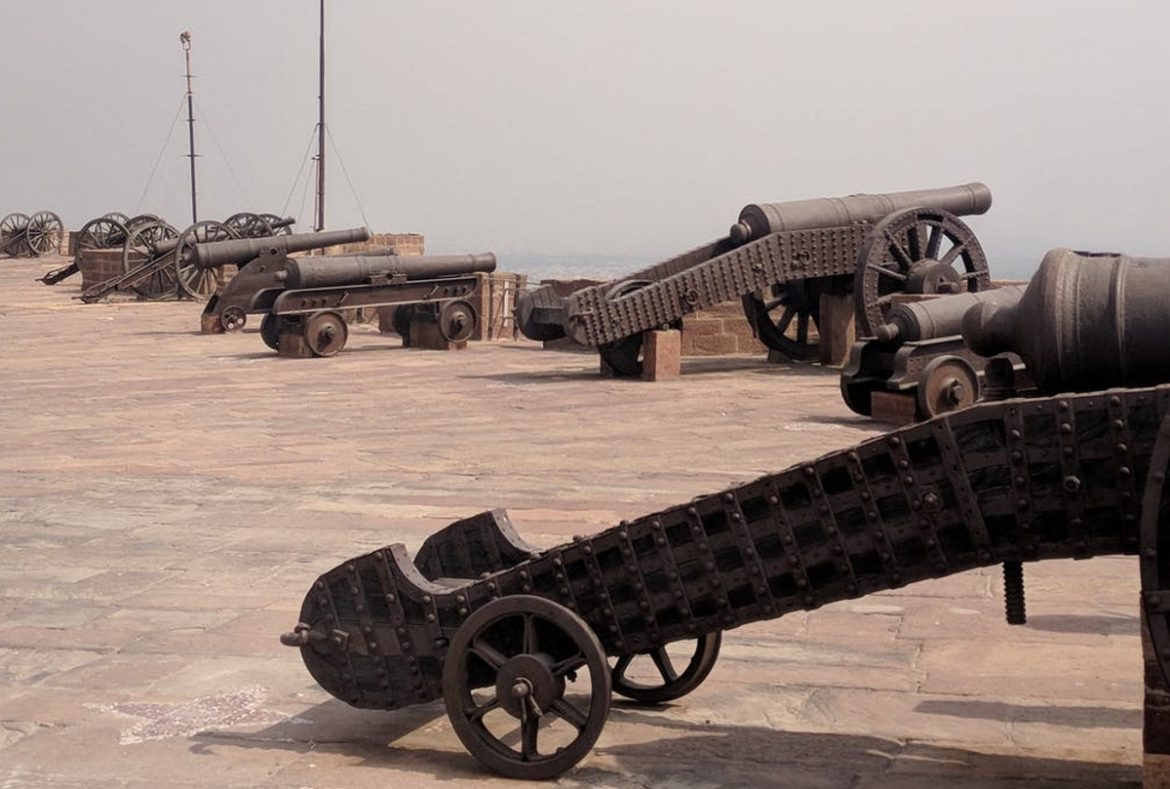I woke one morning to find the world had changed.
‘War,’ said my grandfather, as I walked into the kitchen. His face, already lined and thin, pinched from years of peering down at his workdesk, was grave.
‘What?’ I said. My heart began to race. Naive as I was then, I asked myself: who would war with tiny, insignificant Ruritania? Who stood to gain from swallowing up a country of peasants and guildmen, ruled over by merchants? We traded with our neighbours, imported and exported goods from far and wide. We were friends with everyone. Or so, like any teenage fool assured in his view of the world, I believed.
‘War,’ said my mother. ‘Communitaria and Feuditaria. It’s all the city can talk about this morning.’ My heart skipped a beat, steadied itself, then began to race anew.
Over a breakfast of bread and eggs I learned what my family knew. Our two large neighbours, whose bulk compressed Ruritania into the narrow peninsula from which our trade ships sailed forth, had gone to war. Talks, it was said, had broken down, as talks so often do. Feuditaria demanded that the deposed Emperor and Princelings of Communitaria be reinstated, and Communitaria demanded that Feuditaria return the land and people it had annexed during those vulnerable years of upheaval.
The headsmen of Ruritania, who lead and championed our guilds, were saying that these demands were always mere shadow-boxing. Our neighbours were helplessly opposed and both knew it. Fair enough, I thought, although they hadn’t been saying that in the weeks before. Now, everyone seemed to know that Feuditaria regarded Communitaria’s very existence as a threat. Meanwhile, Communitaria didn’t so much want its lost land returned as to ultimately see Feuditaria’s own leadership removed in a repeat performance of its own creation.
The truth of Communitaria escaped me, the whole idea of the place being so alien to me, but I certainly found the stories of executed headsmen and aristocrats, families chased from their ancestral houses, sickening. So I had to admit that the idea of Ruritania being bordered by two Communitarias was perfectly terrifying. My father was second only to our guild’s headsman, and I didn’t like to imagine him killed, or my family run out of our small but comfortable home. I’d heard stories, too, of the hardship of life in this strange new country. Although, I had to admit to myself, the past years here in Ruritania had been hard, and our family had all witnessed my father’s hair grow greyer.
Still. War! I hadn’t thought it would come to war. Communitaria’s birth had been violent, by most accounts, but that was ten years before. As a child I remembered that everyone said it would all blow over soon enough and the Emperor would be restored, but then the fighting was over with the Emperor dead and his foes victorious. The merchants who traded the goods of our guilds, the very same who had clamoured for the Emperor’s restoration, cautiously reopened the old trade routes as soon as the violence had ended.
My grandfather had been a child himself when last there was true war; when Feuditaria had been Archaetania, and had split asunder at the death of its heirless King, and the War of the Bastards raged briefly and violently. It had ended with victory for Good King Aerik, who ruled over a country reunited and expanded. Woodprints of the War of the Bastards were among my most treasured possessions, and I had admired since I was a young child their images of tall knights on muscled warhorses, armoured and utterly fearless, and the stories of valour that my teachers would share with me.
As a young man undergoing guild-training and being exposed to the wider world I knew, on some level, that war was not such a glorious thing after all, but some part of me still cherished those daydreams of chivalry and noble victories against terrible odds. I wondered what forces Communitaria would muster against Feuditaria’s knights. Would the killers of Princes field noble knights in war? Could they? Perhaps not, and perhaps that meant the war would end with the proper order of things restored.
I still remember how I was excited by the idea of war — nearby but comfortably distant. I knew it wouldn’t touch us, and that life in Ruritania would carry on much as it always had. I was, as we have all since learned, a fool.

